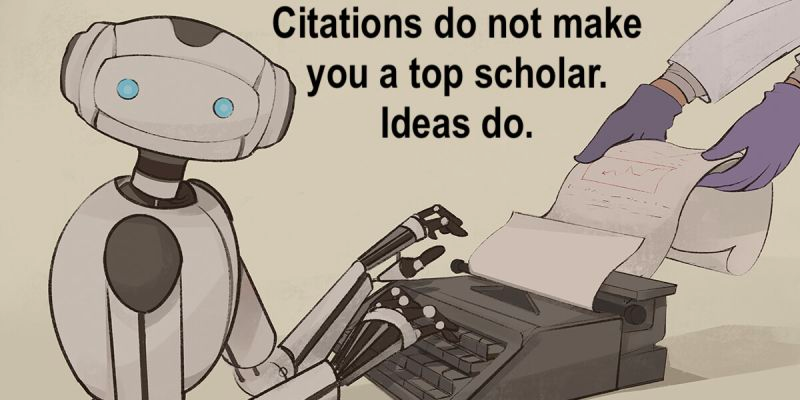On why Stanford University Ranking of academic scholars is not a real measure of scholarship.
- Jason Thatcher
- Dec 4, 2022
- 2 min read
On the Stanford University Ranking of academic scholars (or how you should really take the measure of a scholar).
I was asked to comment on the #StanfordUniversity Ranking by an early career scholar.
The latest version can be found here: https://lnkd.in/eVSmzRQ2
It ranks scholars by year and by career. It offers some norm referencing to disciplines. It claims to identify the top 2% of scholars in the world.
To the folks at Standford's credit, it's reasonably transparent. It also acknowledges some limitations.
But back to the #earlycareerscholar. They posed two questions.
(1) should they care?
Absolutely not. The Stanford Ranking simply counts citations.
It doesn't assess if they are in quality outlets.
It doesn't assess why your work is cited.
It doesn't assess whether the citations are organic or cooked.
It just counts citations. It has nothing to do with the quality of your work.
(2) how do I know that the authors wrote the papers?
You do not.
In many disciplines, everyone who touched any aspect of the paper is included as co-authors.
One can be extraordinarily well-cited and ...
do little more than pay for data collection.
do little more than run the lab.
do little more than advise a student
do nothing creative or scholarly.
Let that sink in.
Citation counts have very little to do with authorship.
There is no assurance that a well-cited paper was written by someone.
So do not make attributions of author effort or quality based on citation counts.
Rather than should I care? or did someone write a paper? Ask about the content and impact of a scholar's work.
If asked to assess a scholar, read their individual papers then ask ...
are they rigorous?
are they creative?
are they relevant to the discipline?
Then look at the set of papers and ask ...
do they work with many different authors?
do they focus on a focused set of themes?
do they represent state-of-the-art methods?
If your answers are yes, it is likely you are looking at a bona fide scholar.
If the answers are no, and the person has a lot of citations, then approach with caution.
You don't know what you are looking at.
So what to do then?
You don't need some guy at Stanford to run an algorithm and tell you a scholar's work is good.
Read the papers and decide.
Evaluate how their students perform post-graduation and decide.
Consider their impact on your discipline and decide.
The measure of a scholar is far more than citations.
Best of luck.
P.S. given the questions, I peeked, and my name appears on the list. What do I rank? No idea. I could care less. I have students to mentor and papers to write. Rankings don't matter, the work we do does.




Comments